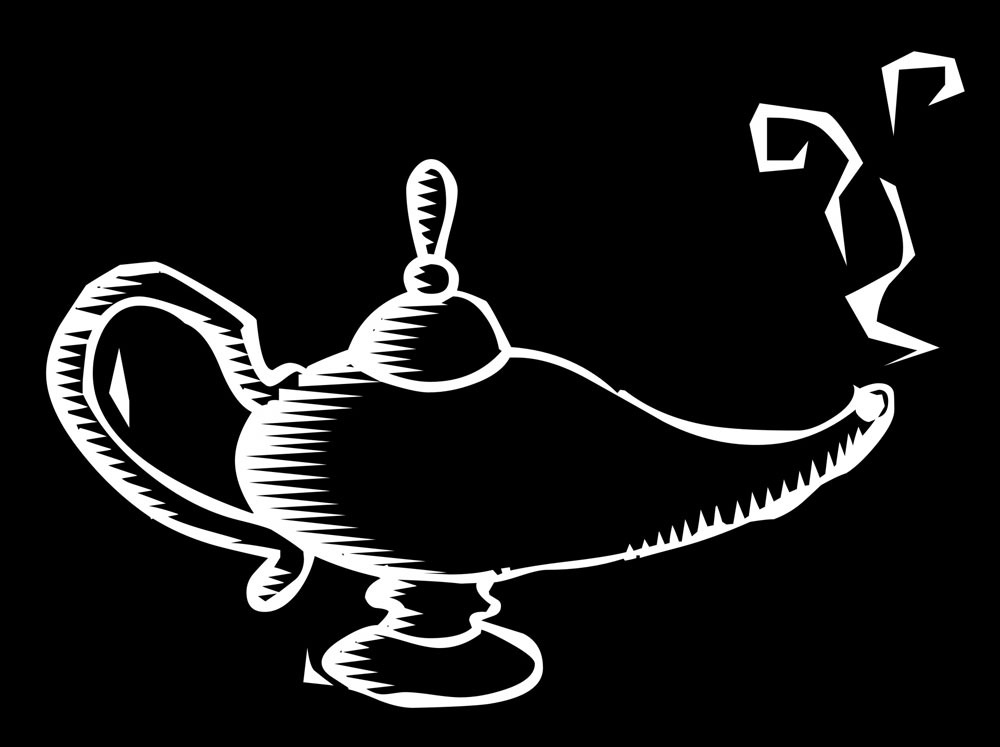
August 12, 2020; Pittsburgh-Tribune Review
As many predicted, given the the tenacity of the coronavirus, some organizations would have to lay people off after their Paycheck Protection Program (PPP) loans ran out, sooner or later. For many, there is no bad faith involved—just realism.
So it is with the Lamp Theater in Irwin, Pennsylvania, which let its three-person staff go for a second time this year in July. They were originally laid off in the spring, only to be brought back when the organization received a $15,000 PPP loan to bridge the jobs until the economy stabilized… but when that loan ran out in July, the staff were let go once again.
John Gdula, president of The Lamp Theatre Corp., says that in the context of reduced revenue and cautious public and performers, there was nothing else to be done: “For now, we as volunteers will figure out how to make the shows continue until the time we can bring [the laid-off employees] back.” His hope is to bring them back in late fall but, as the adage says, the best laid plans have already gone awry for this small organization.
Sign up for our free newsletters
Subscribe to NPQ's newsletters to have our top stories delivered directly to your inbox.
By signing up, you agree to our privacy policy and terms of use, and to receive messages from NPQ and our partners.
“We were set to have our best year ever,” said Gdula. “Our best March and April. [The pandemic] came at the worst time.”
In June, the theater tried to make a season work with reduced seating capacity as per the guidelines for reopening, but then, on July 15th, those guidelines changed to allow only a 25-percent capacity limit and, on top of that, booked performers from out of state were not always willing to travel.
As we have written before, the combination of the pandemic and the financial crisis has hit some nonprofits particularly hard. In the last recession, even without the complication of any need to social distance, arts organizations were among the fields with the greatest damage. The additional complications brought on by the virus could threaten the continued existence of some groups, at least in their current forms.—Ruth McCambridge













